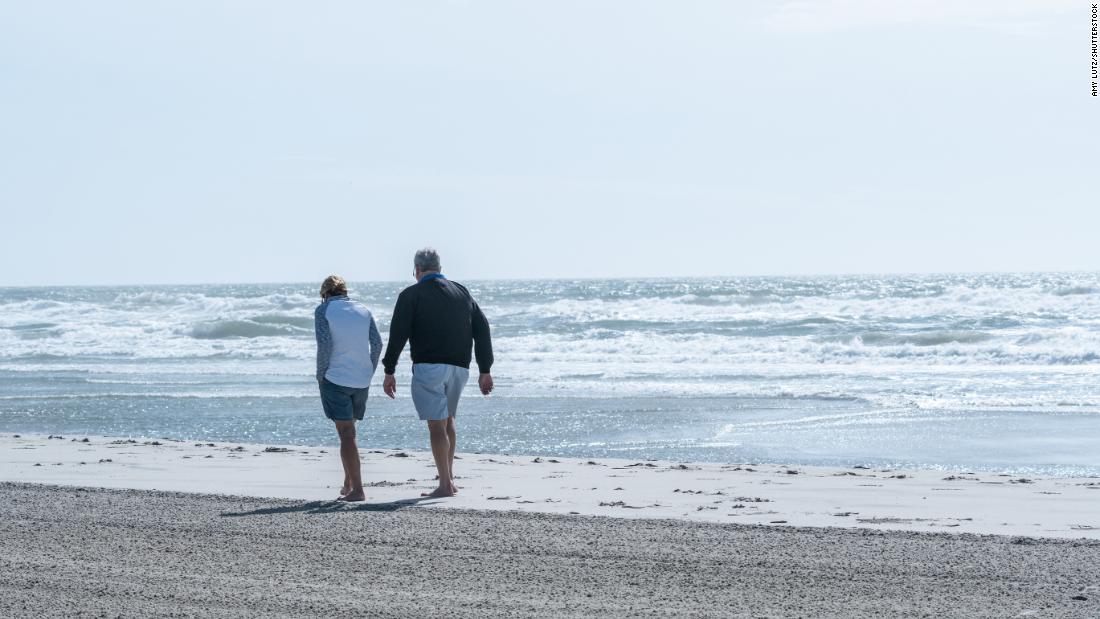DarkWeb
Well-Known Member
Scumfrog is some good stuff to listen to....here's some new
Last edited:
Americans travelling through Yukon have to follow a designated travel corridor.
Have you read this @BarnBuster? What a crazy time. Winter was so harsh people were trading crazy amounts of gold for a sack of potatoes. Burning furniture to stay warm and keeping fires going in their mine shafts all winter long so they could keep digging.


No, I don't know much at all about the Klondike gold rush. In addition to the book you mentioned, also reserved the following at the library. Berton wrote a few books on the subject. ThanksHave you read this @BarnBuster? What a crazy time. Winter was so harsh people were trading crazy amounts of gold for a sack of potatoes. Burning furniture to stay warm and keeping fires going in their mine shafts all winter long so they could keep digging.
Trump's grandfather started the family fortune in an adventure that involved the Klondike gold rush, the Mounties, prostitution and twists of fate that pushed him to New York City.No, I don't know much at all about the Klondike gold rush. In addition to the book you mentioned, also reserved the following at the library. Berton wrote a few books on the subject. Thanks
Klondike women : true tales of the 1897-98 Gold Rush / Melanie J. Mayer
The Klondike quest : a photographic essay, 1897-1899 / written and edited by Pierre Berton ; photographic research by Barbara Sears.
The Floor of heaven : a true tale of the last frontier and the Yukon gold rush / Howard Blum.
The Klondike fever : the life and death of the last great gold rush / by Pierre Berton.
I wonder how long it will take to run out of peat moss.Border closure has been extended until September 21st.
Just curious how you plan on sifting that used perlite out of your soilI wonder how long it will take to run out of peat moss.
Perlite can be reused, but peat eventually decomposes.
 surprised you're not into rice hulls. They dont break down as fast as perlite.
surprised you're not into rice hulls. They dont break down as fast as perlite.I should ask around here for them, with as much rice as is grown around here I should be able to get a bunch for cheap.rice hulls.
Huh, strange. They seem to be quite tenacious in my soil.I used rice hulls but they are pretty much composted after a couple rounds.
If you can find them, it might be worthwhile to you. I started using them a few years ago and haven't turned back. I don't care much for the dust that goes along with perlite.I should ask around here for them, with as much rice as is grown around here I should be able to get a bunch for cheap.
Perlite is basically volcanic glass.Just curious how you plan on sifting that used perlite out of your soilsurprised you're not into rice hulls. They dont break down as fast as perlite.


I've nevet done a side by side or anything comparing the two, but I still can find some hulls I composted in my pile last summer and that pile surpassed 150° on the regular. They last.Perlite is basically volcanic glass.
Are you sure it breaks down faster than rice hulls?
If you see white powder in you pots, it's probably from precipitation of silica supplements -- not perlite degradation.
Dead roots become humus for the next round, so no need to extract used perlite.
View attachment 4654896
Growing it takes a shitload of water though.rice hulls are fully sustainable.
Ok. I wont argue with that. But are all rice grown fields irrigated? Im not an expert on mining for perlite but I'd imagine theres only one way to get it.Growing it takes a shitload of water though.
That’s what I thought, couple hundred miles away from Riceland and freight on a bale is like $50. No one stocks bales near me.I should ask around here for them, with as much rice as is grown around here I should be able to get a bunch for cheap.
Yup, The fields are flooded to a few inches deep after they are seeded and there are little dikes around the outside to hold it in. Perlite is strip mined from what I have read, not the best for the environment I agree.Ok. I wont argue with that. But are all rice grown fields irrigated? Im not an expert on mining for perlite but I'd imagine theres only one way to get it.
Yup, The fields are flooded to a few inches deep after they are seeded and there are little dikes around the outside to hold it in. Perlite is strip mined from what I have read, not the best for the environment I agree.
They are actually used for a lot of things, from generating energy to a type of fabricated wood product like OSB. Being organic I don't believe it goes to the landfill.Rice hulls seem like a good resource to use. Especially if they're just a byproduct destined for the landfill anyways.
